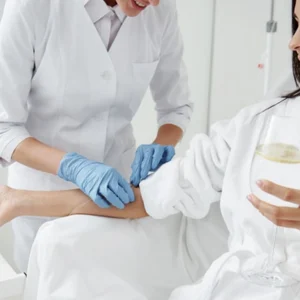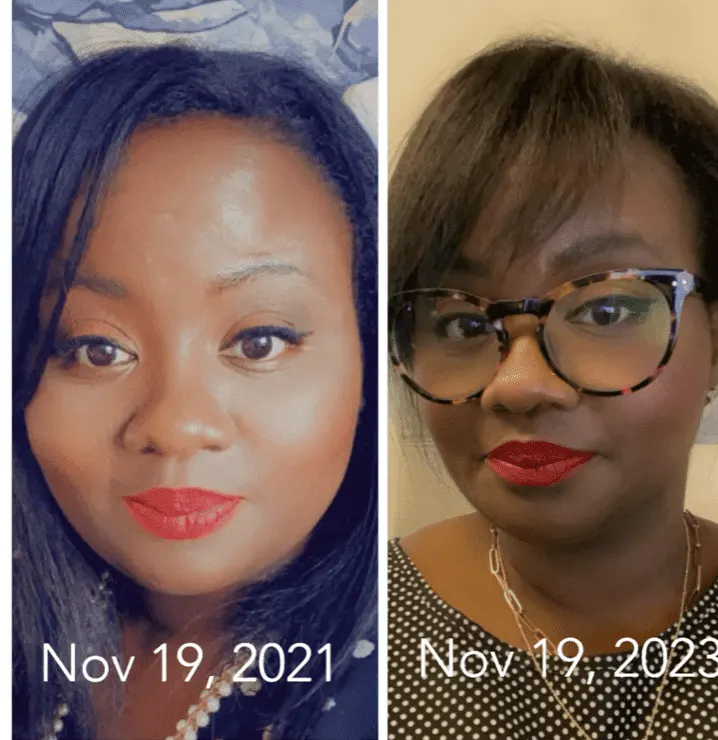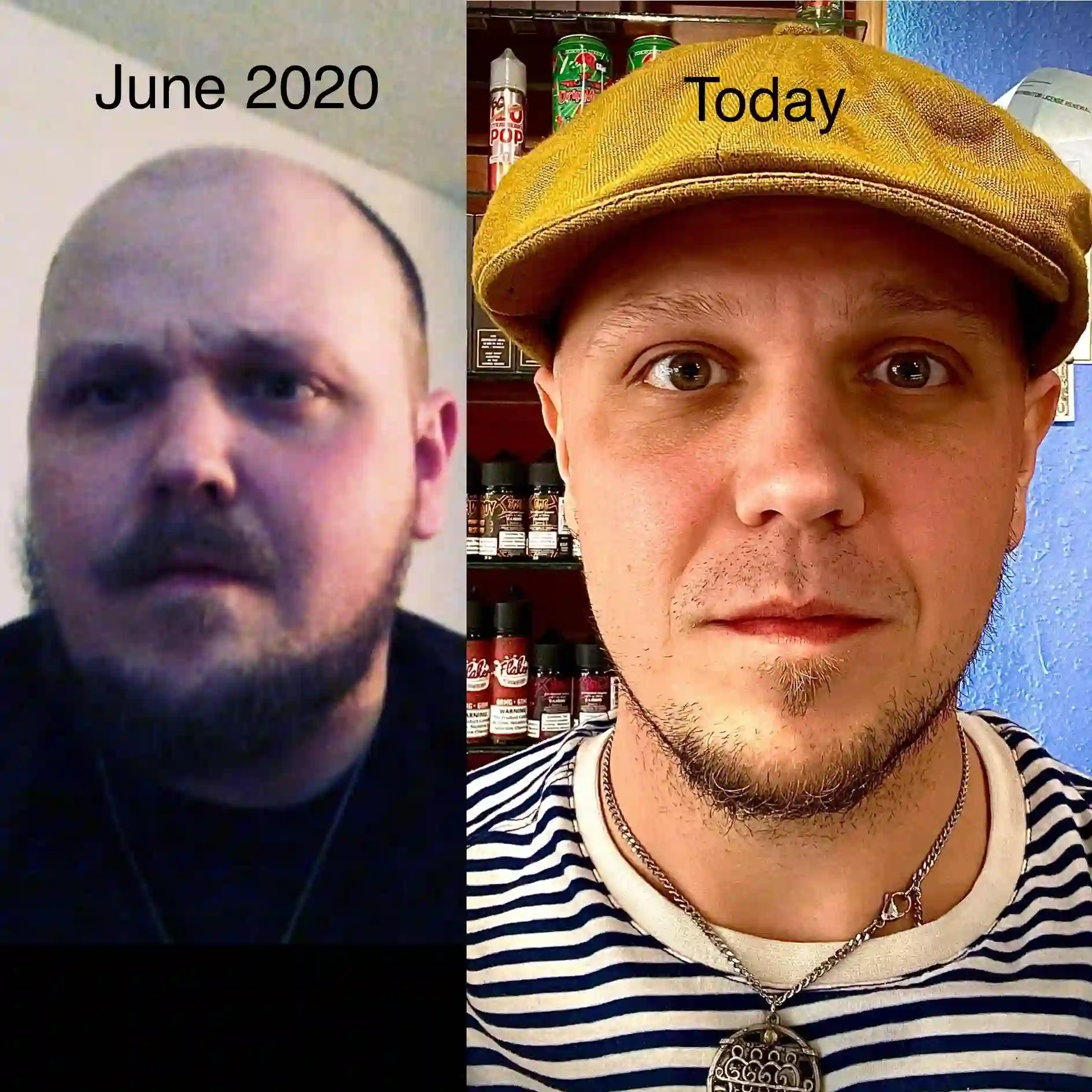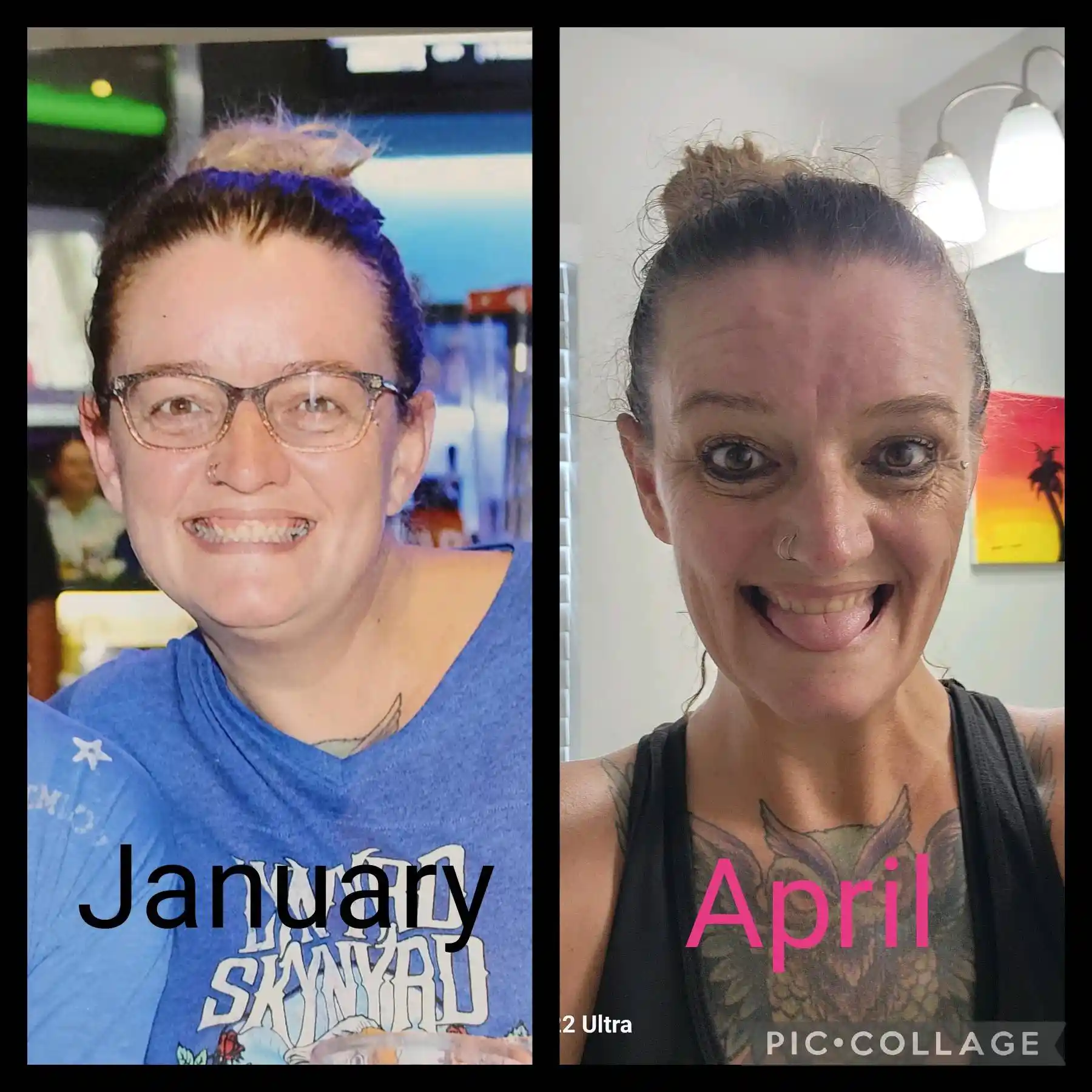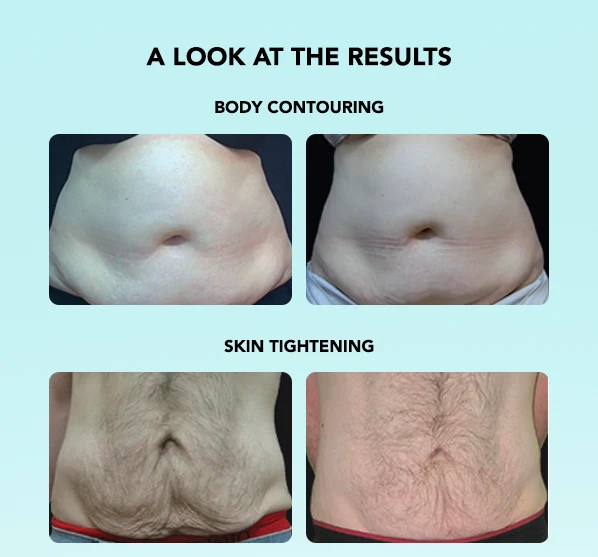Exercise is an essential part of a healthy lifestyle, and the importance of regular cardiovascular workouts increases as you age. Unfortunately, your body often betrays your desire to spend more time running. Whether you’re new to the running hobby or have completed dozens of marathons, you may notice difficulties as you train past the age of 40.
Many performance issues are directly caused by hormonal changes, while running itself can also lower certain types of hormones. Consider the link between this kind of exercise and hormonal therapy so that you can improve your running ability with targeted treatment.
Exercise Effects
As you age, your hormone levels gradually drop regardless of your sex. Men produce less testosterone at older ages, while estrogen and progesterone productions drop in women. The loss of all three of these hormones contributes to lower energy levels, outright fatigue, and a slower recovery time after exercise. All of these factors make it harder to complete a marathon.
Unfortunately, the very act of running also lowers testosterone levels, particularly in men. Practically any form of long-form endurance exercise, which includes running for training and marathons, creates this effect. Short bursts of high-intensity exercise can raise testosterone instead, giving you a chance to control your hormone levels naturally with some planning.
Treatment Options
Changing your workouts and tracking how much time you spend running is the first step to successful marathon training as you age. Integrate more weight training, high-intensity interval training, and sprinting into your workouts, and drop some of your training run time. Aim for less than 40 miles per week, especially if you are a man.
Both men and women need more time to recover after training, so limit your runs to only five or six days a week during active training periods. Take a few months off per year with just one to two major runs per week when it’s not marathon season. This allows your hormone levels to naturally even out rather than remaining continually drained throughout the year.
Starting hormone replacement therapy (HRT) may help you regain your energy for runs and help you recover better from training. Little research has been done on the exact effect of HRT on older marathon runners and performance during the events, but any medical treatment that supports you during training will result in better results during the marathon.
Get a hormone test before starting any HRT treatment or taking any supplements designed for hormonal support. You need to know exactly what you’re lacking and how your body responds to a strenuous run to know exactly how to address the effects of aging.
Complete Beginners
Some adults live relatively sedentary lifestyles until their 40s and 50s and only then decide to start running. There are dozens of different training programs that are tailored to these people, with many referred to as beginner or couch-to-5K plans.
Unlike runners who start running at a young age, your hormones may make it even harder to stick to your training goals. B12 shots provide extra energy for overcoming the first and most difficult steps of starting a new runner’s program.
Even if you have a history of running in your younger years but took a break for a while, you should see a doctor for a complete health checkup before increasing your exercise routine or running a marathon. You need to verify that your blood pressure, heart health, and respiratory system are all prepared for a strenuous activity like running a marathon.
Prepare yourself for running a marathon or 5K at any age by working with us here at Rocky Mountain Hormone and Weight Loss Clinic. Invest in a complete hormonal test panel so we can customize your treatment for the best results.



